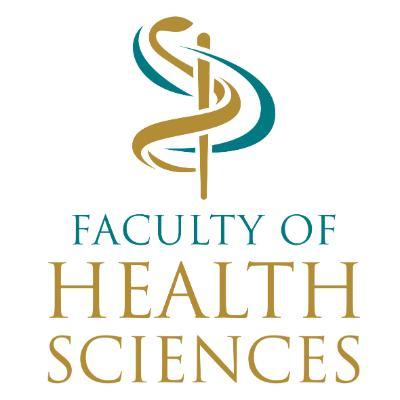
Wits Immunology Research Program (WIRP)
Addressing Immune-Related Health Challenges in Africa
The Wits Immunology Research Program (WIRP), hosted within the Division of Immunology, aims to advance knowledge and understanding of the immunology of diseases.
Join Us in Advancing Immunology Research
Join the Wits Immunology Research Program in transforming healthcare across Africa. Your partnership and support will help us build local research capacity and develop the next generation of African immunologists.
For more information, please contact Dr Christina Thobakgale at christina.thobakgale@wits.ac.za
Key Objectives and Research focus:

Basic, Experimental and Translational Research
We investigate infectious diseases, allergies, autoimmune disorders, and transplant immunology to uncover immune mechanisms. These insights drive innovations in diagnostics, vaccine development, and treatment approaches while identifying correlates of protection.

Strengthening Research Capacity
We enhance local research capabilities by integrating new technologies and building strategic partnerships, ensuring WIRP remains at the forefront of immunology research in Africa.

Clinical Applications
Our research translates into practical tools that improve diagnostics, vaccines, and treatment, bridging the gap between discovery and clinical care.

Informing Policy
Through collaboration with decision-makers, we ensure our findings inform public health strategies and policies, improving access to care for underserved populations.

Collaborative Partnerships
We build strong relationships with clinical and research partners, enabling access to valuable clinical materials and cohorts for impactful interdisciplinary research.








 Within our Immunology Research Program, one of our key research areas is focused on Infectious Diseases.
Within our Immunology Research Program, one of our key research areas is focused on Infectious Diseases.